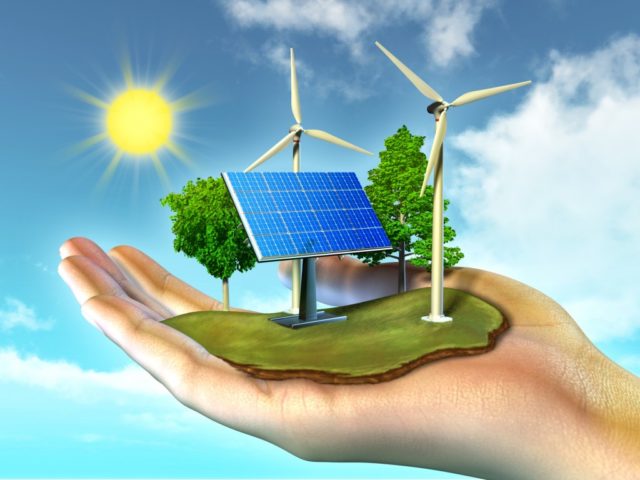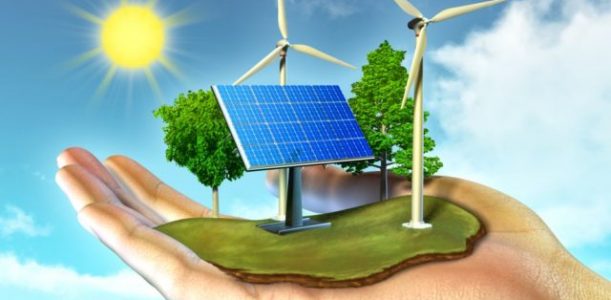Renewable energy is energy derived from continuous natural processes that are not consumable as a result of harnessing the energy stored therein. Renewable energy sources are distinguished from energy sources such as fossil fuels (oil, coal and natural gas), whose use involves a significant reduction in the available energy storage. These sources include water, wind, solar, biological processes, geothermal energy from Earth's internal heat reservoir, and tidal energy due to lunar and solar gravitational forces.
A small percentage of Israel's energy consumption comes from renewable energy. As of the beginning of 2019, the installed power of renewable energy is about 7% of the total installed electricity for the economy.
The need for renewable energy
Most of the energy used by humans is derived from fossil fuels. Approximately 37% of the energy comes from oil burning, 25% from coal burning and 23% from natural gas burning, meaning 85% of the energy comes from fossil sources. Nuclear energy provides an additional 6% of human consumption, biomass burning (mainly turning garbage into energy sources) provides 4%, hydroelectric power plants provide another 3% while all other renewable energy – solar energy on the two types of stations utilizing it, wind energy, geothermal energy And biofuels, provide less than one percent of global consumption.
According to the 2007 United Nations report, there is a consensus almost entirely in the scientific community that fossil fuel emissions result in increased greenhouse effect and global warming that cause ecological damage such as air pollution, smog and acid rain. This warming is linked to other ecological problems such as climate change, melting of glaciers, rising ocean levels and more.
The increase in human population and economic activity has led to a steady increase in the global use of fossil fuel since the Industrial Revolution. Much of the growth in the global economy during this period was due to the ability of the human economy to have available and cheap energy. But this is likely to change. The world's population is rapidly consuming the quarry fuel reserves.
The concern
When humanity is faced with the depletion of resources in most of the Middle East, struggles and wars may arise, as well as fuel speculative hoarding due to anticipation of future price increases, other social and economic problems such as weakening the United States economy, global recession, inflation, and food price increases.

